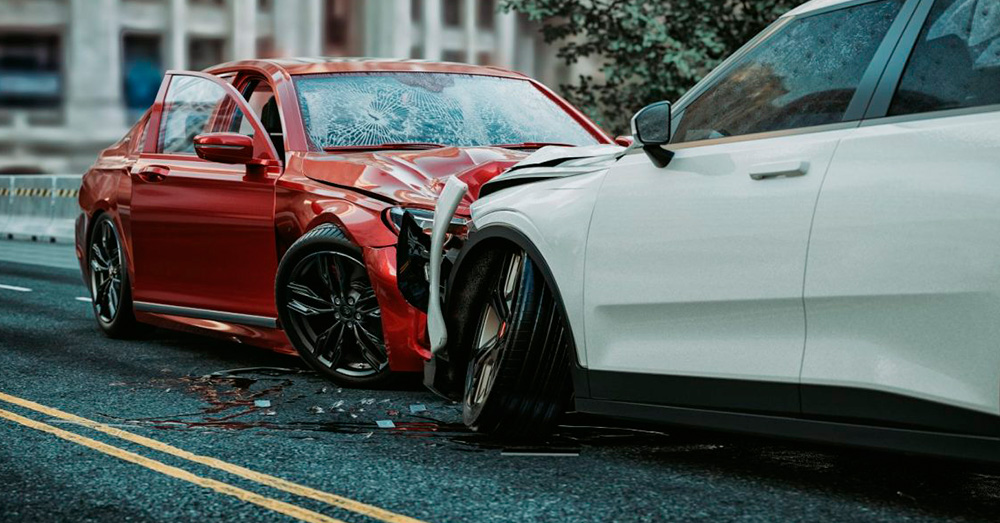The common aftereffect of a car crash is damage to it. If you are a driver in Nebraska and involved in an accident, you might think that perfect repairs can end the ordeal. However, it does not happen.
Even if the vehicle is repaired expertly, it may reduce its market value because of the accident history. This reduction in the vehicle’s value is recognized as a diminished value.
It is the comparison between your car’s pre-accident worth and the post-crash value. When you think that your car is in a near-perfect state after the repairs, it results in a lower resale value because buyers find it an unsafe investment.
There are three main types of diminished value claims that you need to understand before filing them. Here is a simple breakdown for you:
Your car’s worth takes an instant hit after the collision. It is called immediate diminished value. Simply put, it is the drop in its value right after the accident and before the repair. For example, suppose you want to sell your car just on the day of the crash, potential buyers would value it much less due to its current condition.
It is the most common type for which people claim. When you get your vehicle fully and perfectly repaired, it reduces its market value because the car now has an accident history. Dealers or potential buyers find your vehicle less appealing and risky for this reason. It would not have the same worth as it had before the accident.
This type of claim is filed when the repairs are of low quality and do not meet the high standards. The issues, such as inappropriate parts, unmatched paint, can be visible and indicate that the repair work is not up-to-the-mark. It simply reduces the vehicle’s value as the vehicle is not trustworthy and can impose safety risks as well.
If you are in Nebraska and concerned about recovering the loss, here is some good news for you. Here is what you need to know:

To file a diminished value claim Nebraska, you need to take into account the given steps:
Firstly, it is important to find who is at fault for the accident. If you are not, then you can file the claim because the insurance company is likely to pay only if the crash happened due to another driver’s negligence.
An appraisal plays a crucial role in strengthening your case. Professional appraisers evaluate your vehicle attentively and create a detailed report that serves as solid proof determining your car’s actual worth. Hire an experienced and reliable appraiser from ADR Claims to support your argument strongly.
You need to collect significant documents such as the accident report, photos, professional appraisal, repair estimate, and more. These documents are a must to support your claim and initiate the fair compensation you deserve.
If you have done all the things correctly, now it is time to submit your claim. Send the demand letter to the at-fault driver’s insurance company, informing them that you are filing a claim and requesting a reasonable payout.
The insurance company can offer you a settlement offer. Now, you can negotiate for a better amount. And, if they do not agree on what you have requested, you can seek legal help.
Filing a claim is one thing, and getting it approved is another. These are some common challenges you might face during the claim process.
Professional appraisers from ADR-Claims know how to determine your car’s actual worth. They can help you by strengthening your argument and negotiating a better settlement from the insurance company in Nebraska.
We have seasoned appraisers with high-end expertise who understand how the state’s law works and what you require to support your claim.
It is not easy to navigate the claim process and get fair compensation successfully. Hence, you need a trusted appraiser who can help you simplify the claim process and get a fair payout.
ADR Claims is there to support you and help you avoid the stress of dealing with the complexities of the process on your own. So, let us handle it efficiently. Call us to learn more about our services in detail!
Our quick and simple appraisal process can help you recoup vehicle-related losses.